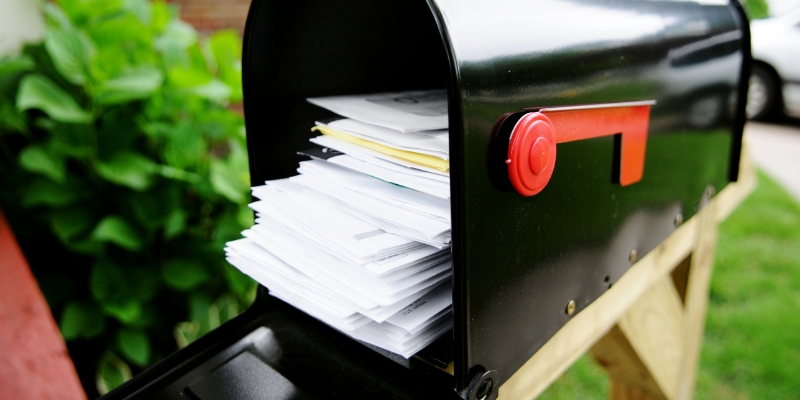Unsolicited Offers & Opting Out

Unsolicited Offers and Credit Bureaus
Luana Savings Bank has recently seen an increase in the number of unsolicited advertisements sent to our customers, facilitated by credit bureaus like Equifax, Experian, and TransUnion. Many recent advertisements have become deceiving, but are still in no way affiliated with nor condoned by Luana Savings Bank.
Why do we use Credit Bureaus?
Luana Savings Bank, like many – if not all – Financial Institutions (“FI’s”), utilize credit bureaus to determine a customer’s ability to pay back a loan. Loans that cannot be paid back may land a bank in regulatory non-compliance at the state and/or federal level. Furthermore, lending must also meet insurance company requirements. Credit bureaus aggregate data, including but not limited to the number and size of other loans/credit, if payments are being made on time, bankruptcy has been filed, etc. Credit bureau reports/scores are currently the most tried-and-true method of determining credit worthiness.
Why do I receive unsolicited advertisements?
Credit bureaus make money by selling detailed credit reports/scores to FI’s, like Luana Savings Bank, after you explicitly give us consent to retrieve your credit information. Credit bureaus also make money by legally selling less-detailed information – with no need for your consent – to financial institutions paying for sales leads. It appears credit bureaus are now selling this information in near real-time likely in an effort to bolster profits.
What can I do to prevent unsolicited marketing?
First and foremost, know that this does not result due to a breach of data. The information credit bureaus are legally allowed to sell without your consent is limited.
Credit Bureau Opt-Out
The quickest, easiest way to end this type of marketing is to visit
www.optoutprescreen.com and opt-out electronically for up to 5 years. This takes effect quickly, but in the meantime we also recommend permanently opting-out by Mail (also using information found on the same website).
Do-Not-Call Registry
Consider providing your phone number to
www.donotcall.gov. If you receive an unsolicited: 1) phone call more than 31 days after adding your number to this list or 2) text message from a for-profit entity at any time regardless if your number is on this list or not, either of those may be illegal. Learn more about text messages specifically and how to report spam here: www.consumer.ftc.gov/articles/how-recognize-and-report-spam-text-messages#report. There are also law firms that specialize in tracking down illegal marketing and garnering settlements in some cases.
Security Freeze
Last but certainly not least, placing a free Security Freeze on your credit reports also prevents your credit information from being sold without your consent. You’ll need to visit each credit bureau individually to enact a security freeze. Please note, when a security freeze is in place, no one – not even your Bank – will be able to view your credit information without you temporarily lifting the freeze on your own. Therefore, please remember to coordinate security freezes closely with your Loan Officer. Since a security freeze is so restrictive it’s also an effective tool in the fight against Identify Theft.
Note: Free security freezes are a provision of federal law; watch-out for offers for other type of protections – sometimes marketed as different types ‘freezes’ –that credit bureaus may try to sell you as they may cost money or not be as comprehensive as a free security freeze.

